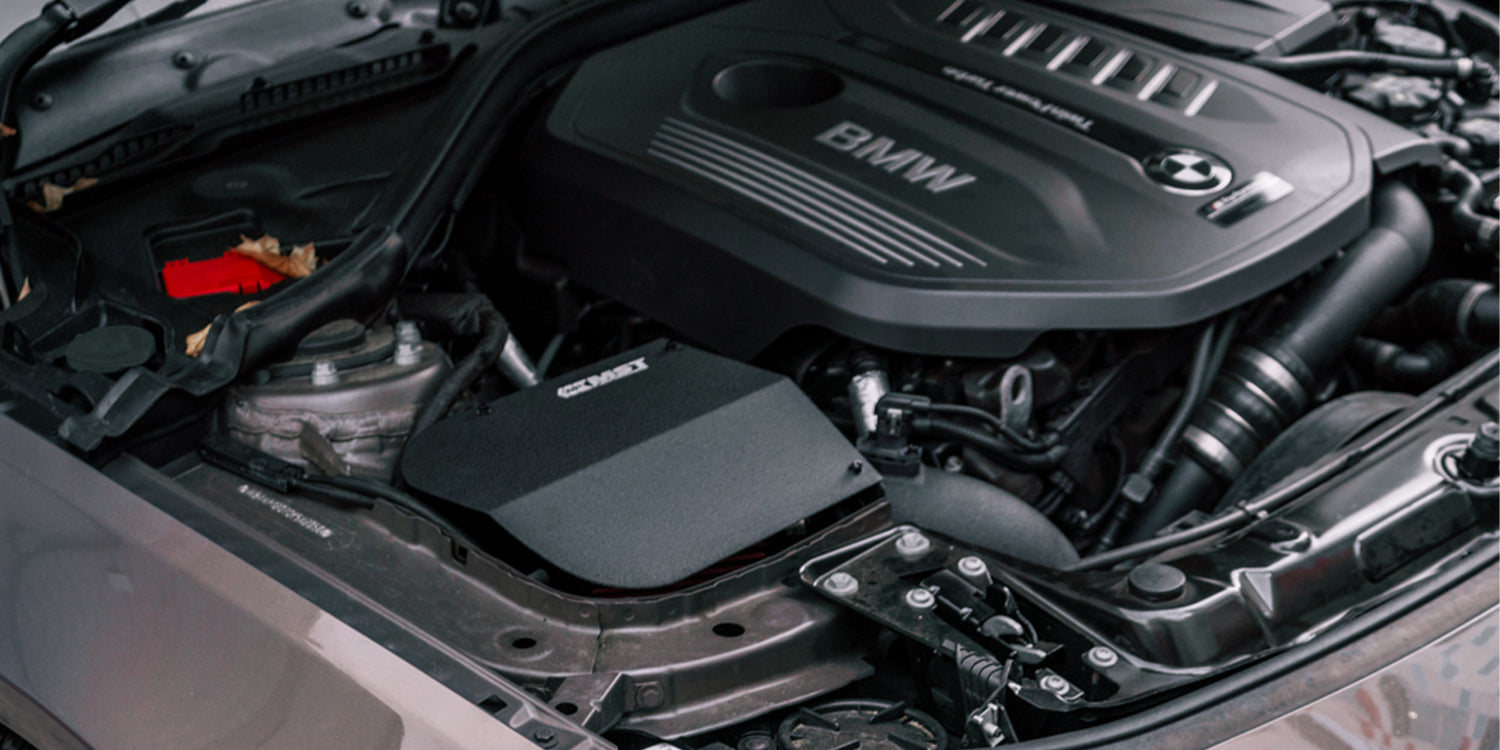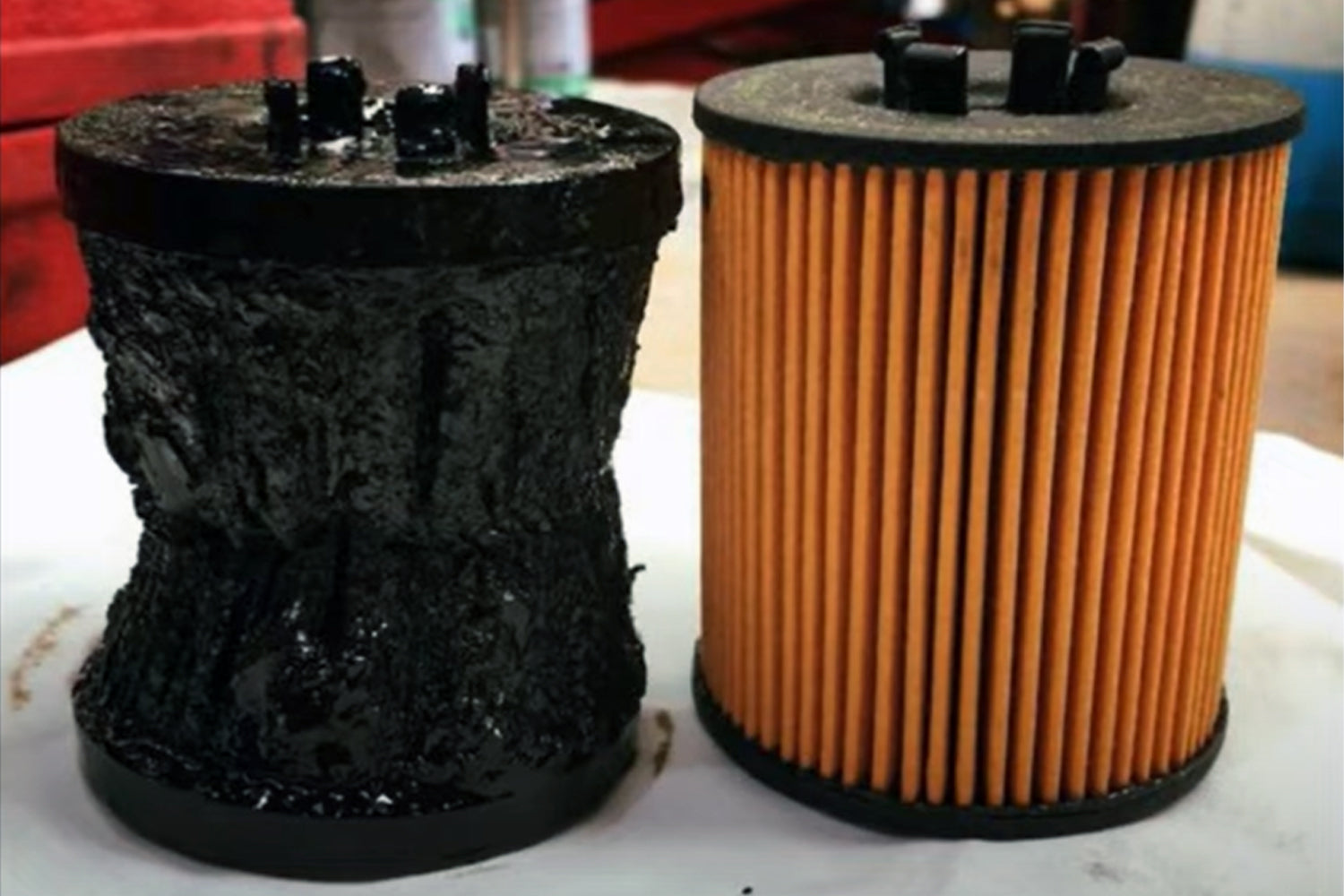Since the BMW B58 engine was first introduced, it has gained a very positive reputation for its improved reliability & high tuning potential in comparison to some of BMW's previous 6-cylinder engines like the N55 & N54.
Whilst the B58 - commonly labelled the modern 2JZ - is a great engine, it's not without its problems. Unfortunately, it still suffers with typical BMW issues, especially when tuned or not maintained properly. Not only that, because of the type of vehicles the B58 has been put into, many B58s unfortunately get thrashed, neglected or modified incorrectly which can lead to higher failure rates than it deserves.

Which BMW vehicles have the BMW B58 engine?
The B58 engine can be found in many BMW models including the F20/F21 M140i, F22/F23 M240i, F3X 340i & 440i, G42 M240i, G20 M340i, Toyota A90 Supra, X3 M40i & more.
Notably the B58 received an update in 2019, now called the B58TU1 which saw a slight bump in power, as well as revised cylinder heads, timing chain, fuel system & more. Most of the changes were made for emissions reasons - this update came alongside the addition of OPF in the exhaust system.
Although the TU1 hasn't had time to prove it's long-term reliability, we can assume these changes will improve dependability over the first generation engine as BMW have now had time to rectify previous issues. Only time will tell.
Is the BMW B58 Engine Reliable?
The short answer is yes. When maintained correctly and frequently with high-quality parts, the B58 is a very reliable engine - especially compared to older BMW straight-six engines like the N54 and N55. However, there are a number of common issues to be aware of - especially when servicing is neglected.
B58 Engine Common Problems
1. Valve Cover Gasket

A failed valve cover gasket is an issue that's plagued many BMW engines and the B58 is no exception. As the rubber material ages and goes through many heat cycles, it begins to degrade and perish.
We advise owners to monitor the valve cover area for oil leaks, especially on higher mileage vehicles. The valve cover gasket (VGC) usually needs replacing at around 60,000 to 100,000 miles but experiences may vary.
BMW is aware of this and have attempted to solve the problem with the B58. The B58 has an updated heat retention system that is claimed to retain engine heat for up to 36 hours. This allows a more gradual heat cycle and less rapid temperature fluctuation for sensitive parts such as the Valve Cover Gasket.
BMW B58 Engine Valve Cover Gasket Fix
To fix a leaking valve cover, simply replace the failed gasket with a high-quality OEM valve cover gasket. You'll notice the brand new one is very malleable and flexible compared to the hardened and possibly cracked old item.
Symptoms of a failed valve cover gasket:
- Increased oil consumption
- Smell of burning oil
- Low engine oil light on the dash
- Soaked spark plugs
- Visible oil leaks around the valve cover area
2. Cylinder Head Gasket

Similar to the Valve Cover Gasket, the Cylinder Head Gasket experiences the same number of heat cycles and degradation with age. The primary cause of head gasket failure on the B58 engine is overheating from catastrophic coolant loss. As we'll move on to shortly, coolant loss is another common issue to be aware of with the B58 and can lead to head gasket failure.
Cylinder head gasket failure can be detrimental to your engine. The intake of coolant into your B58 engine can cause extreme engine damage.
BMW B58 Head Gasket Fix
Simply replace the failed gasket with a fresh high-quality OEM cylinder head gasket. It's also important to investigate the root cause of your B58's failed cylinder head gasket (likely overheating from coolant loss) and address that issue as well to prevent failure in the future.
Symptoms of a failed cylinder head gasket:
- White smoke coming from the exhaust
- Bubbling in the coolant reservoir
- Milky white coloration in the engine oil
- Engine overheating
3. Excessive Coolant Loss
Slight coolant loss is quite normal for most engines. Tiny bits of coolant can be burned off or leak throughout a car's cooling system without causing much of an issue.
Unfortunately, some BMW B58 owners are reporting excessive coolant loss - even on low mileage engines. This could be due to faulty seals around the cooling system. However, if coolant loss is extreme, it may be down to a cracked or split coolant hose or damaged radiator.
Excessive coolant loss should not be ignored as it can cause overheating and further engine damage.
BMW B58 Excessive Coolant Loss Fix
Firstly, look for large components that could have failed or been damaged such as a radiator or hose. If cracked or damaged, replace with high quality OEM or aftermarket items. If there are no stand-out reasons for coolant loss, ensure the coolant tank cap is securely fastened, top up when necessary and check/replace the seals throughout the cooling system.
Symptoms of excessive coolant loss
- Overheating
- Leaked coolant on the ground or on other components
4. Oil Filter Disintegration

This is quite a strange problem that seems to be occurring on the B58 engine. Essentially, the oil filter gets crushed and torn apart from regular use inside the filter housing. When the filter is crushed, it no longer effectively filters the engine oil which can cause foreign particles such as metal and dirt to make its way through your engine - not good.
Not only that, a crushed oil filter can even prevent oil from flowing and therefore not lubricate the engine leading to internal engine damage.
The most common cause of oil filter disintegration in the B58 engine is the use of cheap aftermarket oil filters or prolonged service intervals. We recommend checking your oil level and oil filter regularly as well as performing frequent oil changes (every 5,000-10,000 miles).
BMW B58 Oil Filter Disintegration Fix
To prevent this issue, always use a high-quality OEM BMW B58 oil filter and follow regular service intervals and oil checks.
Symptoms of oil filter disintegration
- Low engine oil light
- Visible damage to the oil filter upon inspection

BMW B58 Engine Servicing
BMW recommends servicing your B58 engine every 1 year or 10,000 miles, whichever comes first. However, as your B58-powered vehicle gets older, we recommend oil changes and inspections every 6 months or 5,000 miles. The major service items can be left longer (i.e spark plugs etc) but frequent checkups will stop age-related issues and wear and tear from sneaking up on you.

For ZF 8-speed transmission oil, we recommend changing this every 50,000 miles or 5 years. Most BMW main dealers will not touch this as the manufacturer claims many of their automatic gearboxes are "sealed for life". You will have to find a BMW specialist to carry out this service item. As a result, very few examples on the market seem to have had a ZF gearbox service carried out.



